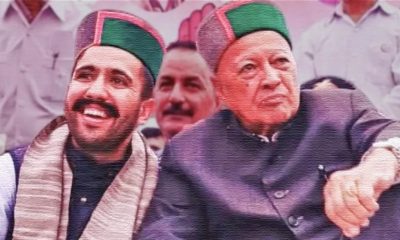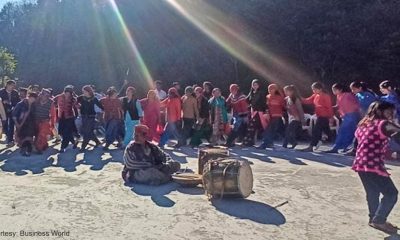Nation
Lockdown Extension: Read What’s Allowed, What’s Not in Green, Orange, Red Zones
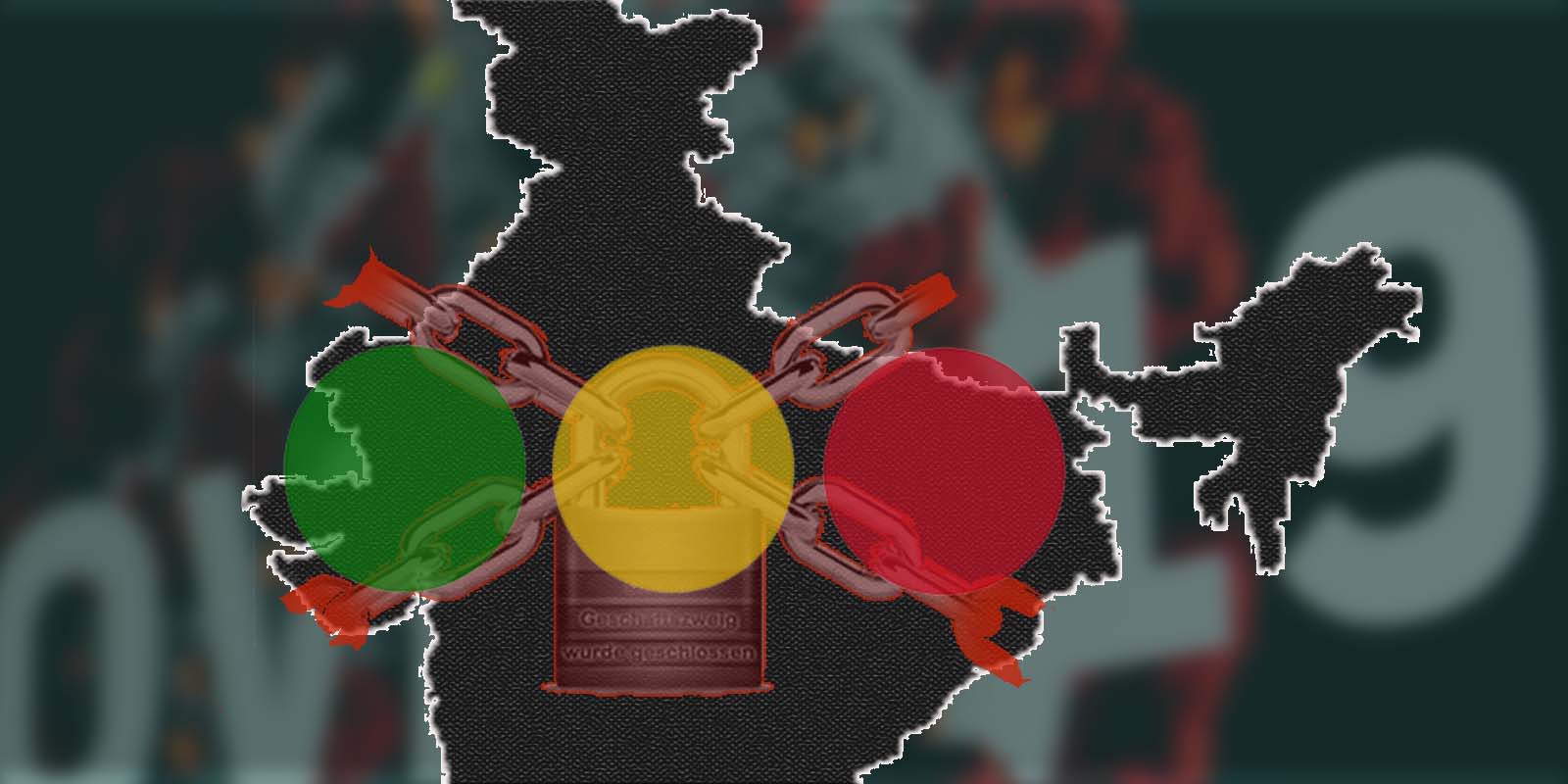
New Delhi-The nationwide lockdown in India has been extended for two more weeks. In this regard, the Government of India (GoI) on May 1st issued an order under the Disaster Management Act, 2005, to further extend the Lockdown with effect from May 4, 2020.
MHA also issued new guidelines to regulate different activities in this period, based on the risk profiling of the districts of the country into Red (hotspot), Green and Orange Zones. The guidelines have permitted considerable relaxations in the districts falling in the Green and Orange Zones.
The Green-Zones will be districts with either zero confirmed cases till date; or, no confirmed case in the last 21 days. The classification of districts as Red Zones will take into account the total number of active cases, doubling rate of confirmed cases, the extent of testing and surveillance feedback from the districts.
Those districts, which are neither defined as Red nor Green, will be classified as Orange zones.
Further, the State Government of Himachal Pradesh is likely to take decision on permitted and prohibited activities in respective zones on May 2nd in the Cabinet meeting.
What’s Not Permitted
Under the new guidelines, a limited number of activities will remain prohibited throughout the country, irrespective of the Zone.
These include travel by air, rail, metro and inter-State movement by road; running of schools, colleges, and other educational and training/ coaching institutions; hospitality services, including hotels and restaurants; places of large public gatherings, such as cinema halls, malls, gymnasiums, sports complexes etc; social, political, cultural and other kinds of gatherings; and, religious places/ places of worship for the public. However, movement of persons by air, rail and road is allowed for selected purposes, and for purposes as permitted by MHA.
Movement of individuals, for all non-essential activities, will remain strictly prohibited between 7 pm to 7 am.
Local authorities will issue orders under appropriate provisions of law, such as prohibitory orders [curfew] under Section 144 of CrPC, for this purpose, and ensure strict compliance.
In all zones, persons above 65 years of age, persons with co-morbidities, pregnant women, and children below the age of 10 years, will have to stay at home, except for meeting essential requirements and for health purposes. Out-Patient Departments (OPDs) and Medical clinics will be permitted to operate in Red, Orange and Green Zones, with social distancing norms and other safety precautions; however, these will not be permitted within the Containment Zones.
In the Red Zones, outside the Containment Zones, certain activities are prohibited in addition to those prohibited throughout the country. These are: plying of cycle rickshaws and auto-rickshaws; running of taxis and cab aggregators; intra-district and inter-district plying of buses; and, barbershops, spas and salons.
What’s Permitted in Red Zone
Certain other activities have been allowed in the Red Zones with restrictions. Movement of individuals and vehicles is allowed only for permitted activities, with a maximum of 2 persons (besides the driver) in four-wheeler vehicles, and with no pillion rider in the case of two-wheelers.
Industrial establishments in urban areas, viz., Special Economic Zones (SEZs), Export Oriented Units (EOUs), industrial estates and industrial townships with access control have been permitted. The other industrial activities permitted are manufacturing units of essential goods, including drugs, pharmaceuticals, medical devices, their raw material and intermediates; production units, which require continuous process, and their supply chain; manufacturing of IT hardware; jute industry with staggered shifts and social distancing; and, manufacturing units of packaging material.
Construction activities in urban areas have been limited to in-situ construction (where workers are available on site and no workers are required to be brought in from outside) and construction of renewable energy projects. Shops in urban areas, for non-essential goods, are not allowed in malls, markets and market complexes. However, all standalone (single) shops, neighbourhood (colony) shops and shops in residential complexes are permitted to remain open in urban areas, without any distinction of essential and non-essential.
E-Commerce activities, in the Red Zones, are permitted only in respect of essential goods. Private offices can operate with upto 33% strength as per requirement, with the remaining persons working from home. All Government offices will function with senior officers of the level of Deputy Secretary and above at full strength, and the remaining staff attending upto 33% as per requirement.
However, Defense and Security services, Health and Family Welfare, Police, Prisons, Home Guards, Civil Defence, Fire and Emergency Services, Disaster management and related services, National Informatics Centre (NIC), Customs, Food Corporation of India (FCI), National Cadet Corps (NCC), Nehru Yuvak Kendra (NYK) and Municipal services will function without any restrictions; delivery of public services will be ensured and necessary staff will be deployed for such purpose.
A large number of other activities are allowed in the Red Zones. All industrial and construction activities in rural areas, including MNREGA works, food-processing units and brick-kilns are permitted; besides, in rural areas, without distinction to the nature of goods, all shops, except in shopping malls are permitted.
All agriculture activities, e.g., sowing, harvesting, procurement and marketing operations in the agricultural supply chain are permitted. Animal husbandry activities are fully permitted, including inland and marine fisheries. All plantation activities are allowed, including their processing and marketing. All health services (including AYUSH) are to remain functional, including transport of medical personnel and patients through air ambulances.
A large part of the financial sector remains open, which includes banks, non-banking finance companies (NBFCs), insurance and capital market activities, and credit co-operative societies. Operation of homes for children, senior citizens, destitute, women and widows etc.; and operation of Anganwadis have also been permitted. Public utilities, e.g., utilities in power, water, sanitation, waste management, telecommunications and internet will remain open, and courier and postal services will be allowed to operate.
Most of the commercial and private establishments have been allowed in the Red Zones. These include print and electronic media, IT and IT-enabled services, data and call centres, cold storage and warehousing services, private security and facility management services, and services provided by self-employed persons, except for barbers etc.,
Manufacturing units of essential goods, including drugs, pharmaceuticals, medical devices, their raw material and intermediates; production units, which require continuous process, and their supply chain; Jute industry with staggered shifts and social distancing; and manufacturing of IT hardware and manufacturing units of packaging material will continue to be permitted.
What’s Permitted in Orange Zones
In the Orange Zones, in addition to activities permitted in Red Zone, taxis and cab aggregators will be permitted with one driver and three passengers only. Inter-district movement of individuals and vehicles will be allowed for permitted activities only. Four-wheeler vehicles will have a maximum of two passengers besides the driver and pillion riding will be allowed on two-wheelers.
What’s Permitted in Green Zones
In the Green Zones, all activities are permitted except the limited number of activities which are prohibited throughout the country, irrespective of the Zone. However, buses can operate with upto 50% seating capacity and bus depots can operate with upto 50% capacity.
All goods traffic is to be permitted. No State/ UT will stop the movement of cargo for cross land-border trade under Treaties with neighbouring countries. No separate pass of any sort is needed for such movement, which is essential for maintaining the supply chain of goods and services across the country during the lockdown period.
All other activities will be permitted activities, which are not specifically prohibited, or which are permitted with restrictions in the various Zones, under these guidelines.
However, States/ UTs, based on their assessment of the situation, and with the primary objective of keeping the spread of COVID-19 in check, may allow only select activities from out of the permitted activities, with such restrictions as felt necessary.
No separate/ fresh permissions will be required from authorities for activities already permitted to operate under the guidelines on Lockdown measures up to May 3, 2020. The Standard Operating Protocols (SOPs) issued by MHA will continue to operate such as transit arrangement for foreign national(s) in India; release of quarantine persons; the movement of stranded labour within States/ UTs; sign-on and sign-off of Indian seafarers, movement of stranded migrant workers, pilgrims, tourists, students and other persons by road and rail.
Nation
Most Covid Restrictions to be Lifted From March 31, Mask and Hand Hygiene to Continue
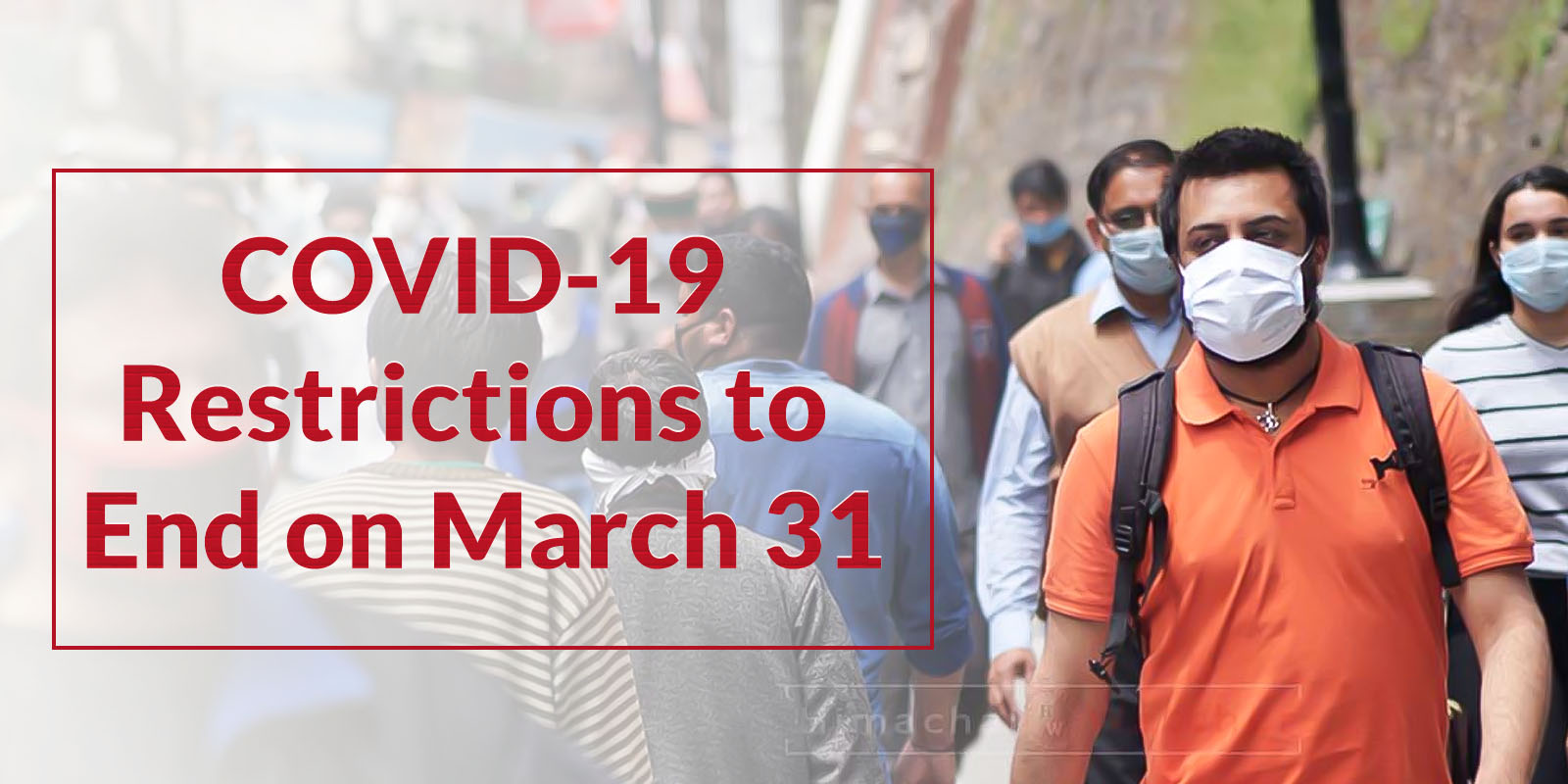
New Delhi-The Centre has issued a notification to the States informing that the provisions of the Disaster Management (DM) Act, 2005 will not be invoked in the country after March 31. The Union Health Ministry said that the use of face masks and following hand hygiene will continue.
It implies that most of the Covid-related rules and restrictions would end.
Union Home Secretary Ajay Bhalla issued the notification which said that the decision was taken following the overall improvement in the situation and the preparedness of the government in dealing with the COVID-19 pandemic.
However, local authorities and State police can still invoke fines and criminal cases against persons violating COVID-19 norms under the Indian Penal Code (IPC), a senior government official said.
The DM Act was invoked on March 24, 2020, due to the pandemic
“Over the last seven weeks or so there has been a steep decline in the number of cases. The total caseload in the country stands at 23,913 only and the daily positivity rate has declined to 0.28%. It is also worth mentioning that with the combined efforts, a total of 181.56 Cr vaccine doses have been administered,” the notification said.
“I would like to mention that in view of the nature of the disease, we still need to remain watchful of the situation. Wherever any surge in the number of cases is observed, the States/UTs may consider taking prompt and proactive action at a local level, as advised by MoHFW (Health Ministry) from time to time,” the notification said.
The Indian government had issued various guidelines and measures for the first time on March 24, 2020, under the Disaster Management Act to curb the COVID-19 situation in the country, which have been modified several times thereafter.
India currently has 23,087 active COVID-19 cases and recorded 1,778 new cases and 62 deaths in the last 24 hours. The daily positivity rate has also declined to 0.28%.
Nation
Vaccination of 15-18 Year Age Group in India from Jan 3, Precautionary Dose for Frontline Workers from Jan 10
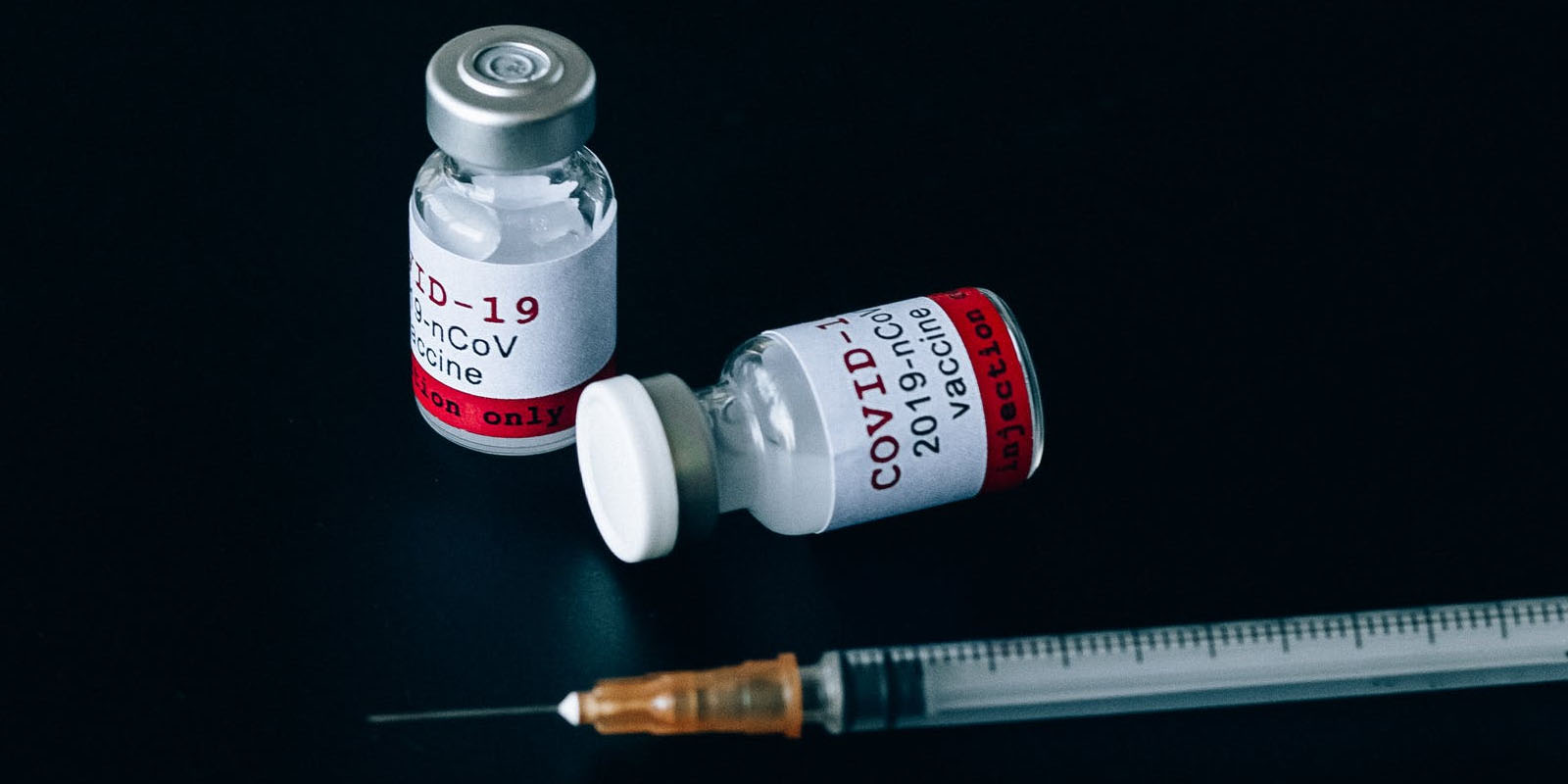
New Delhi-India will begin vaccination of the children in the age group of 15-18 years from 3rd January 2022. The move is likely to aid in education normalization in schools. The announcement was made by Prime Minister Narender Modi on Saturday evening. He also announced a precaution dose (booster dose) for healthcare and frontline workers from 10th January 2022, Monday.
In India, this has been called the ‘precaution dose’ not booster dose. An option of precaution dose will be available for senior citizens above 60 years of age with co-morbidities on the advice of their doctors from 10th January 2022.
Referring to the Omicron infections In India, the Prime Minister requested the people not to panic and to follow precautions such as masks and washing hands repeatedly.
According to the Government, the vaccination campaign started on 16th January this year has crossed the mark of 141 crore doses, and 61 percent of the adult population of the country has received both the vaccines and 90 percent of adults have received one dose.
According to the Government statistics, currently, the country has 18 lakh isolation beds, 5 lakh oxygen supported beds, 1 lakh 40 thousand ICU beds, 90 thousand ICU and Non-ICU beds especially for children, more than 3 thousand PSA oxygen plants, 4 lakh oxygen cylinders and support to states is being provided for buffer doses and testing.
The Prime Minister assured that soon the country will develop a nasal vaccine and the world’s first DNA vaccine.
Photo by Nataliya Vaitkevich from Pexels
Nation
Three Farm Laws to be Withdrawn, Announces PM Modi Ahead of Elections in Punjab and UP
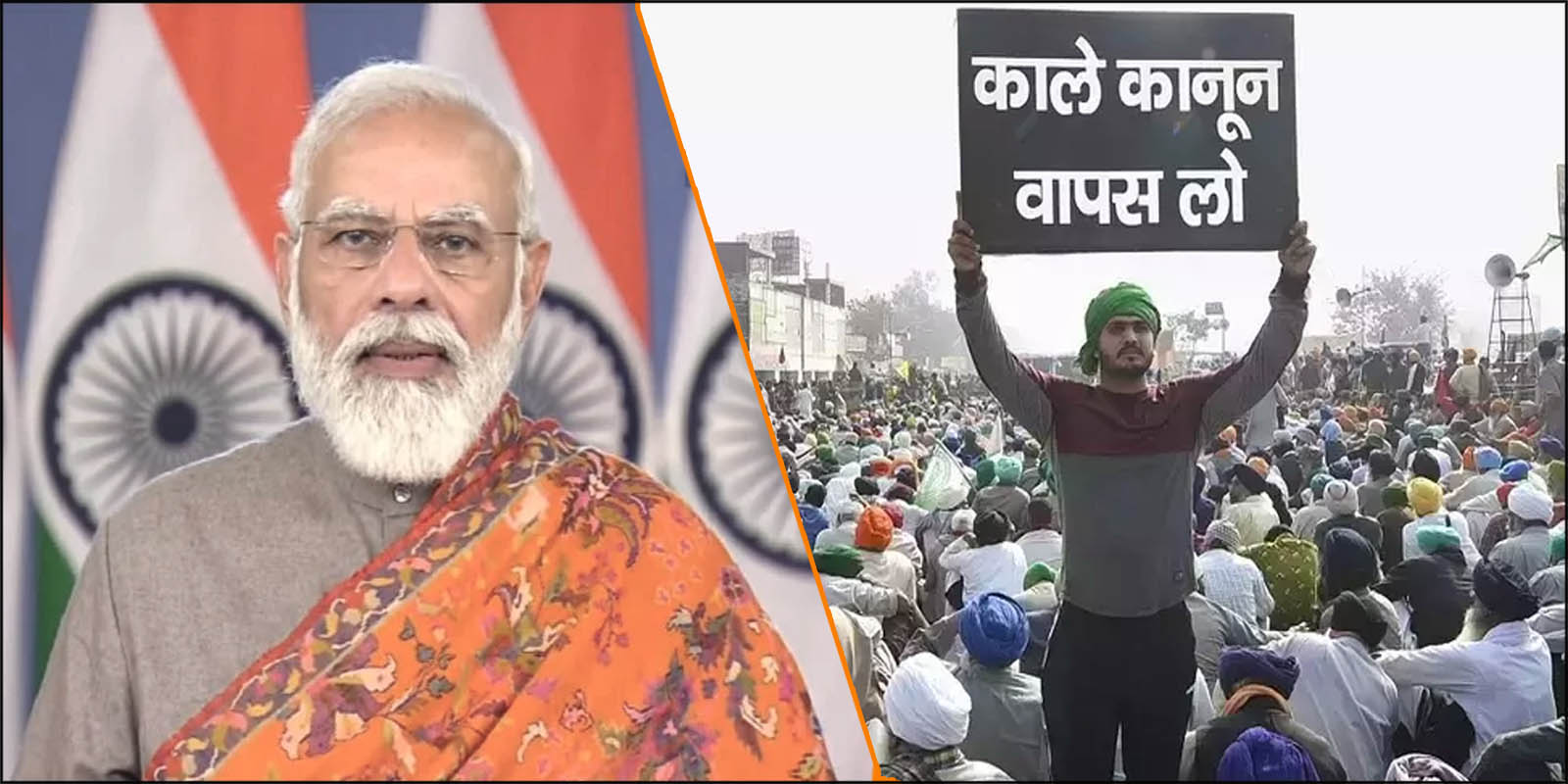
New Delhi: Ahead of assembly polls in Punjab and Uttar Pradesh, Prime Minister Narender Modi on Friday retreated from his stand on the three contentious farm laws and announced that the government will repeal three laws. He requested the protesting farmers to end the protest that has been going on for over a year now.
He said the three laws would be repealed in the winter session of Parliament starting later this month. He also said that though the laws were in the interest of the farmers, his government failed to convince them.
आज मैं आपको, पूरे देश को, ये बताने आया हूं कि हमने तीनों कृषि कानूनों को वापस लेने का निर्णय लिया है।
इस महीने के अंत में शुरू होने जा रहे संसद सत्र में, हम इन तीनों कृषि कानूनों को Repeal करने की संवैधानिक प्रक्रिया को पूरा कर देंगे: PM @narendramodi
— PMO India (@PMOIndia) November 19, 2021
The Prime Minister chose the occasion of Guru Nanak Jayanti to make this announcement. The decision is being perceived as an attempt to appease the farmers, especially in Punjab ahead of the assembly polls. Also, the results of by-poll held in various states are being seen as a setback to the ruling government that compelled it to reconsider its stand on the farm bills.
The Prime Minister said, “today I have come to tell you, the whole country, that we have decided to withdraw all three agricultural laws. In the Parliament session starting later this month, we will complete the constitutional process to repeal these three agricultural laws”.
It’s pertinent to mention that the Centre government had to announce a cut in taxes on petrol and diesel right after the results of bye polls were declared.
The three contentious bills are The Farmer’s Produce Trade and Commerce (Promotion and Facilitation) Bill, 2020, the Farmers (Empowerment and Protection) Agreement of Price Assurance and Farm Services Bill, 2020 and the Farmers’ Produce Trade and Commerce (Promotion and Facilitation) Bill.
The opposition Congress and farmers’ bodies have termed it a victory of their unity against the government’s decision. Former Chief Minister of Punjab, Captain Amarinder Singh was one of the first to welcome the decision through a Tweet.
Great news! Thankful to PM @narendramodi ji for acceding to the demands of every punjabi & repealing the 3 black laws on the pious occasion of #GuruNanakJayanti. I am sure the central govt will continue to work in tandem for the development of Kisani! #NoFarmers_NoFood @AmitShah
— Capt.Amarinder Singh (@capt_amarinder) November 19, 2021
यह जीत देश के किसानों की जीत है, लोकतंत्र की जीत है।
किसानों की जीत ने स्पष्ट कर दिया है- भारत में कभी तानाशाही हावी नहीं हो सकती, आखिर तानाशाह को झुकना पड़ा।#जीता_किसान_हारा_अभिमान pic.twitter.com/A9psOtBGq8
— Congress (@INCIndia) November 19, 2021


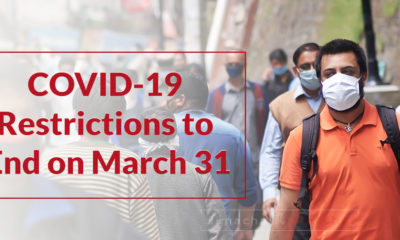

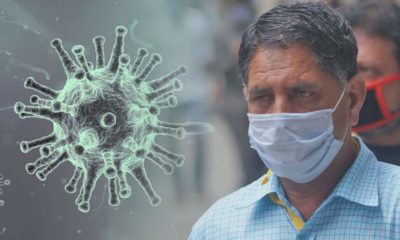

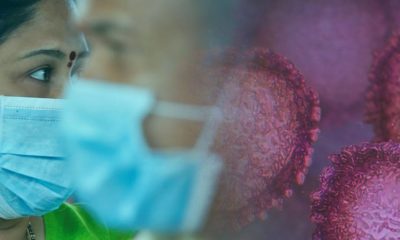






 Home Decor Ideas 2020
Home Decor Ideas 2020